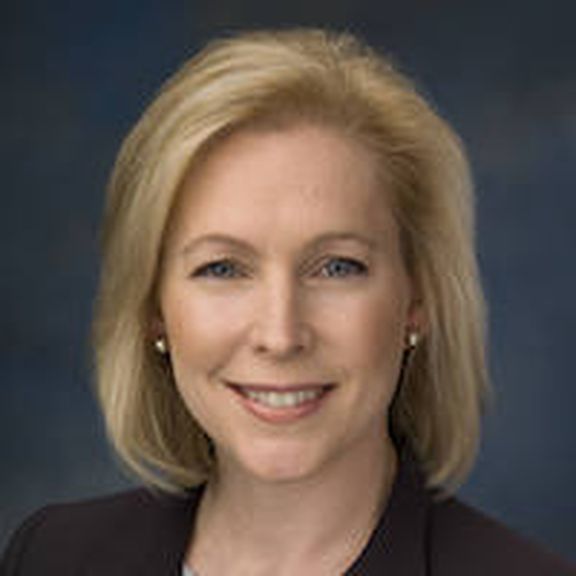
A new piece of U.S. legislation could make it easier for small and medium-sized businesses (SMBs) to transfer ownership to their employees.
The proposed Main Street Employee Ownership Act of 2018 was introduced by Senator Kirsten Gillibrand (D-NY) and is being applauded by the ESOP Association.
The legislation is the companion bill to one introduced by Rep. Nydia Velazquez (D-NY) and passed unanimously by the House Small Business Committee in March. Sen. Gillibrand and Rep. Velazquez collaborated on the two pieces of legislation.
According to the association, the bill would provide $500 million in support of employee stock ownership plan (ESOP) programs and would operate through the Small Business Administration. The bill has six additional sponsors—three Democrats and three Republicans.
A similar law was passed last year in Colorado. That bill required Colorado Office of Economic Development and International Trade to promote employee stock ownership plans (ESOP) to owners who might be interested in them, and it allows the state agency to loan owners up to $10,000 to cover costs.
The In’s and Out’s of ESOPs
A number of studies have purported to show the benefits of ESOPs, but they also include some risks. One recent study showed that employee-owners have more job stability than non-employee-owners. Employee-ownership also has an advantage for families. For those families with children ages 0 to 8 in their household, the employee-ownership advantage translates into a median household net worth of nearly twice that of those without employee ownership.
Another study showed that employee-owners are more confident in their financial future. Still, for companies with inconsistent profits and poor financial controls in place, ESOPs can present some risks. One high profile example of a failed ESOP company was the Chicago Tribune. In 2007, the Tribune was bought by Chicago real estate magnate Sam Zell using an ESOP. A year after going private, the company filed for Chapter 11 bankruptcy protection. This led to years of court cases as employees fought to get back some of their money.
Still, this hasn’t prevented many business and MSPs for opting for the ESOP plan. LJT & Associates decided to transition to an ESOP last year. According to Phil DeDominicis, the ESOP consultant at Menke who assisted LJT & Associates in establishing the plan, about 23,000 companies have adopted ESOPs since they became legal in 1974.




